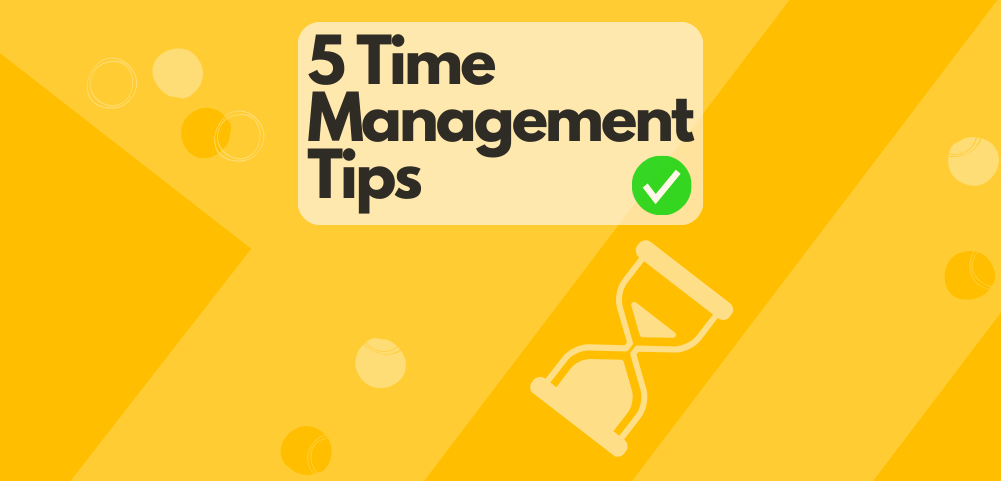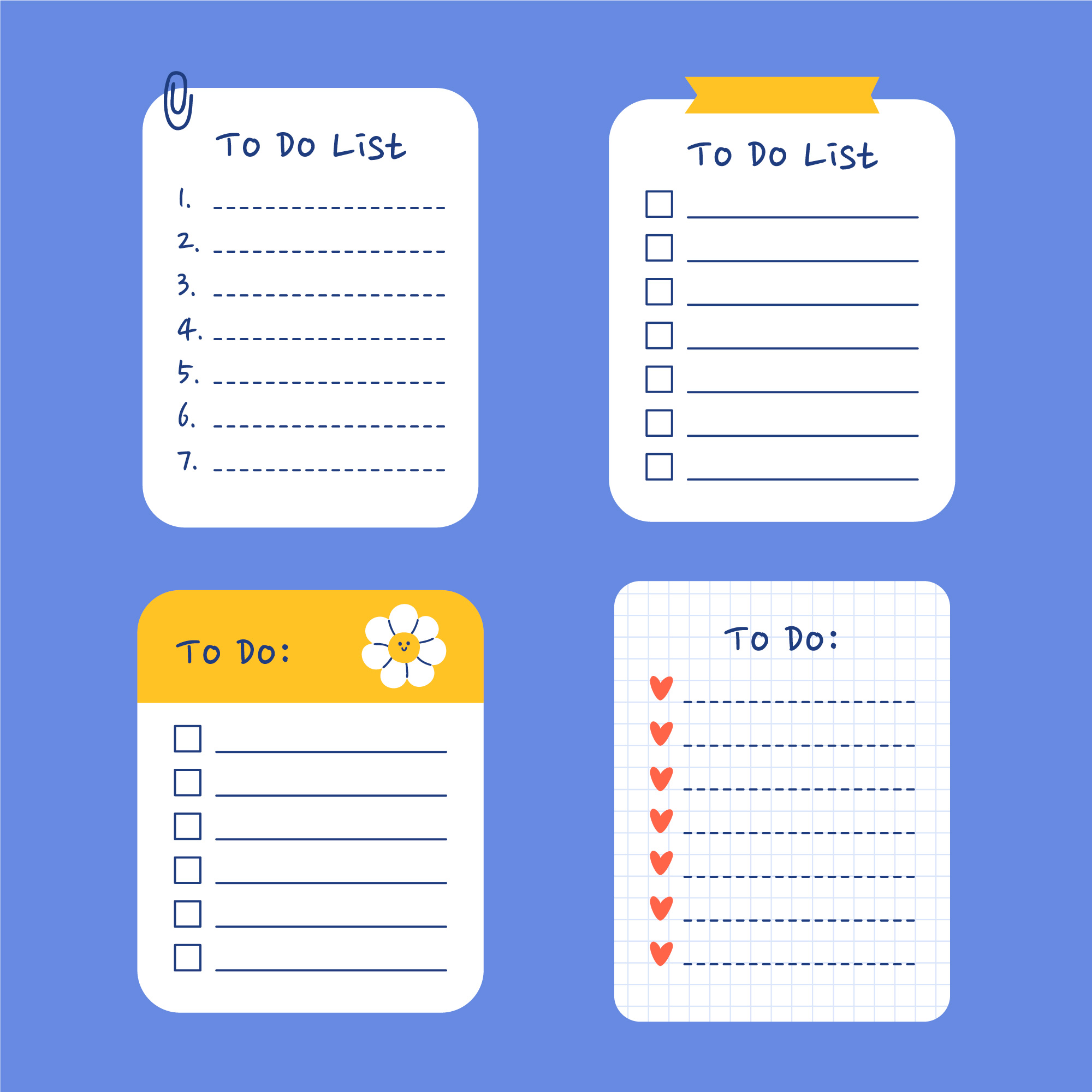5 Tips for Time Management
by Arthur Yang January 2, 2024

If you’re a Hustler, you will probably find that you don’t have enough time to do everything you want in life.
This feeling of being overwhelmed is normal, but there are ways to go about this.
These are tips which have personally impacted me, and helped me focus on my tasks.
1. Start Early
2. Create a To-Do List
3. Add Buffer Times in Between Tasks
4. Finish Difficult Tasks First
5. Use Effective Productivity Methods
8. Conclusion
Let’s go!
Time Management
Time Management
#1 — Start Early
The most reliable method I use is to always start the task early.
If you have a task planned for the day, you can wake up early to begin doing it.
This allows you to capitalise on the quiet and undisturbed morning hours, when your mind is still clear and fresh.
This period is often when you are most efficient and focused.
This tip can also be extended into longer time frames. If the task is sufficiently large, you should ideally start even a few days or even a week before.
The biggest enemy of productivity is procrastination, and it is easy to give yourself slack when you feel that there is still some time to the deadline.
#2 — Create a To-Do List

When you have a lot on your plate, it is easy to get overwhelmed and lose the drive to start.
One way to counter this is to create a to-do list.
This serves as a visual roadmap for your day.
It helps you break down large complex tasks into smaller, manageable steps, making it easier for you to tackle and track your progress.
With a list, you can also categorise your tasks based on urgency and importance.
It helps to identify your high-priority tasks for you to allocate sufficient time to.
The best thing I love about a to-do list is the feeling of accomplishment when ticking off a completed task.
#3 — Add Buffer Times in Between Breaks

We tend to overestimate our ability or productivity during planning.
This is also known as a planning fallacy, where we tend to be overly optimistic about the task at hand.
There are some days where we feel a mental block or feel stressed, affecting our productivity.
This can cause a domino effect of stress and self-doubt if we take longer than planned to complete a task.
Having buffer times can help to accommodate for unforeseen delays, and act as short breaks in between for us to recharge.
You can use this time to take a short walk, grab a coffee or do some meditation.
Do something that helps you to relax, so that you can start the next task with a refreshed mind.
#4 — Finish Difficult Tasks First
When choosing what to start with first, it is easy to start with the easiest task.
Personally, I like to start with the hardest task in the morning.
Energy levels and motivation are typically higher in the morning, making it most suitable for doing complex or less appealing tasks.
As the day progresses, we get more drained and our attention span drops.
Thus, I prefer doing tasks which are more mundane or straightforward in the afternoon or night.
Another benefit of finishing difficult tasks first is the positive momentum it brings to the day.
Successfully completing challenging tasks can set a positive tone and reduce stress.
It makes me more confident and motivated, allowing me to approach subsequent tasks with a proactive mindset.
#5 — Use Effective Productivity Methods
There are a few productivity methods you can use to prioritise and improve efficiency.
I’ll share two of my favourites here.
Pomodoro Technique: The Pomodoro Technique is a time management method that emphasizes focused work in short, timed intervals known, typically 25 minutes long, followed by a short break.
After completing four rounds, you can take a more extended break.
This technique leverages the power of focused bursts of attention to enhance productivity, prevent burnout, and maintain mental clarity.
Pareto Principle (80/20 Rule): The Pareto Principle, often known as the 80/20 rule, posits that roughly 80% of results come from 20% of efforts.
Applied to time management, it suggests that a minority of tasks yield the majority of outcomes.
By identifying and prioritising these high-impact activities, individuals can optimise their efforts for maximum effectiveness.
This principle encourages a focus on the vital few tasks that contribute significantly to goals, minimising time spent on less consequential activities.
The Pareto Principle emphasises efficiency and targeted efforts for optimal results.
#8 — Conclusion
You can also contact us via the chatbot or simply drop us a DM on our Instagram page!
. . . . .
